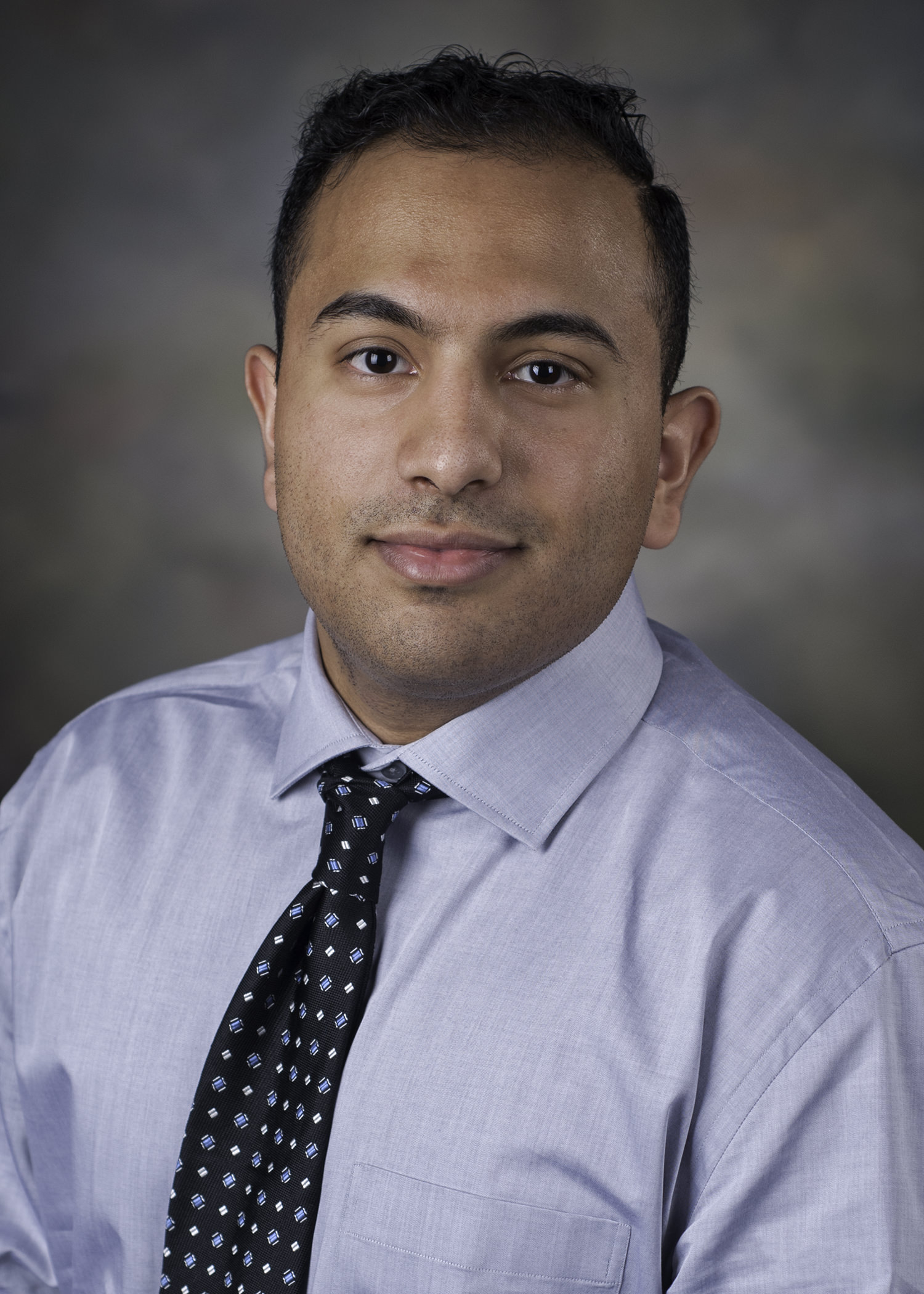Anand Kornepati Receives an F30 Fellowship from the National Cancer Institute

 Anand Kornepati, a GS2 student in the South Texas Medical Scientist Training program, has received a Ruth L. Kirschstein National Research Service Awards for Individual Predoctoral MD/PhD and Other Dual Doctoral Degree Fellowship (F30) from the National Cancer Institute.
Anand Kornepati, a GS2 student in the South Texas Medical Scientist Training program, has received a Ruth L. Kirschstein National Research Service Awards for Individual Predoctoral MD/PhD and Other Dual Doctoral Degree Fellowship (F30) from the National Cancer Institute.
The F30 fellowship provides support to individuals for combined MD/PhD and other dual doctoral degree training to qualified applicants with the potential to become productive, independent, highly trained physician-scientists.
Kornepati is a 2nd year student in the Molecular Immunology and Microbiology discipline. He is in the cancer immunotherapy lab of Dr. Tyler Curiel where he is investigating new ways to boost the immune system’s ability to fight cancer.
“I’m studying the intersection between cancer immunotherapy and DNA damage repair with specific focus on the immune evasion molecule PD-L1,” he said. “One known function of tumor PD-L1 is to send an inhibitory signal to the immune system and prevent it from attacking the tumor. We’ve now discovered that PD-L1 has several additional tumor-promoting signaling consequences including DNA damage responses. Targeting these novel tumor-intrinsic PD-L1 signals could make previously unresponsive tumors more responsive to cancer immunotherapies.”
He is passionate about the tumor immunology field because of the opportunity to translate his research from bench to bedside.
“Treating patients with advanced stage cancer remains a very challenging medical problem even to this day and there is a great need for new and improved therapies,” he explained. “So far researchers who have been studying PD-L1 have been looking at what it’s doing on already established cancers. If we can understand how PD-L1 contributes to carcinogenesis, which is the process by which normal cells transform into malignant cells, we can not only figure out more effective ways to treat cancer but also prevent it.”
He explained that this fellowship is very important to him because it represents an important milestone in his career.
“I was ecstatic when I found out that I was awarded the F30 fellowship since it provides continued financial support to conduct my research as well as receive the training required to become a successful physician-scientist. I also felt extremely grateful to be working in a top-notch lab under the mentorship of a brilliant scientist in Dr. Curiel,” he said.
Dr. José Cavazos, program director of the South Texas Medical Scientist Training Program, was very proud to hear that Kornepati’s submission was accepted.
“The study section recognized Anand’s submission with a terrific five percentile impact score,” Dr. Cavazos said. “This edgy, innovative, and very translational research might provide patients with new immunobiological therapies for cancer.”
In the future, Kornepati would like to complete his clinical oncology training and continue pursuing research in the field of tumor immunology.
